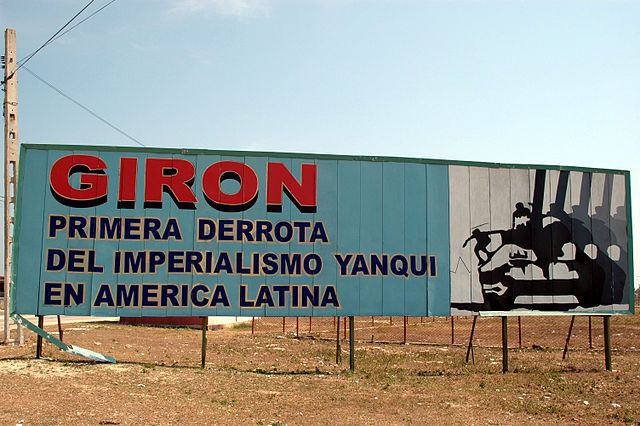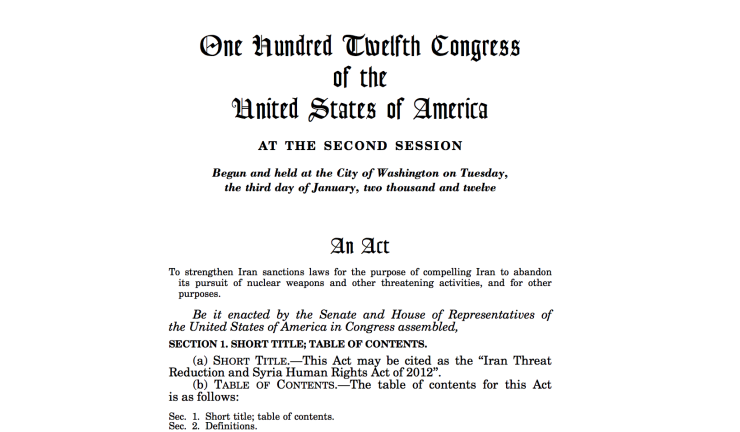A North Korean State Of Mind
We don’t talk too much about North Korea on this blog. Frankly, there isn’t a lot of movement in that program, except for the occasional designations update. That said, this past week was a pretty big one for North Korea sanctions. First, there were some updates to the United States Department of the Treasury’s Office of Foreign Assets Control’s (“OFAC”) Specially Designated Nationals and Blocked Persons (“SDN”) List targeting a couple of shipping companies, and a number of North Korean vessels. Second, Congress got involved in North Korea sanctions when the House passed the North Korea Sanctions Enforcement Act of 2014. Significantly, these designations, and the new bill pending in Congress, have serious implications for the shipping industry.
Although, the bill, H.R. 1771, passed by the House is not yet a law, its prohibitions and authorities could be a sign of things to come. If the bill does ultimately become law, its mandates are quite strict against those facilitating the transportation of goods prohibited by U.S. economic sanctions targeting North Korea. This includes providing insurance for such shipments. Furthermore, the new bill, if passed, would authorize the seizure of any vessels or aircraft used to engage in such sanctionable activities.
Since H.R. 1771 is not yet law, its passing the House may not seem to be too significant. However, Wednesday’s OFAC designation of a number of vessels, and two shipping companies under the North Korea sanctions program is telling of the fact that both the Hill and the Administration believe that shipping has become a major concern in relation to North Korea’s proliferation efforts, and that they will increase scrutiny of the international maritime industry for being involved in such activities.
The OFAC designations were made against two North Korean companies that attempted to import a concealed shipment of arms and related materiel hidden under 200,000 bags of sugar from Cuba to North Korea aboard a North Korean-flagged cargo vessel, the Chong Chon Gang, in July 2013. One of the shipping companies designated, Chongchongang Shipping Company, is owned by the government of North Korea, and owns and operates the Chong Chon Gang. The other entity designated, the Ocean Maritime Management Company, played a role in managing the Chong Chon Gang by providing its captain and crew instructions on how to conceal the weapons and provide false documentation to the Panamanian authorities. OFAC not only designated these companies, but also 18 vessels in which these companies have an interest, including the Chong Chon Gang.
What can shipping companies and insurance providers do to prevent liability under the North Korea sanctions? Well for starters they can avoid concealing North Korea bound arms under food items and falsifying documentation. In all seriousness though, shipping companies and those insuring shipments need to make sure they not only have thorough compliance measures in place, but that those measures are being followed. Obviously, in this case, the conduct was egregious and carried out through North Korean owned companies. However, this action and Congress’ recent emphasis on targeting shipping related to sanctionable activities under the North Korea sanctions program, its a safe bet that the maritime industry, and those insuring that industry, will come under increasing scrutiny in the near future. As such, they such increase their efforts to ensure compliance with U.S. sanctions.



